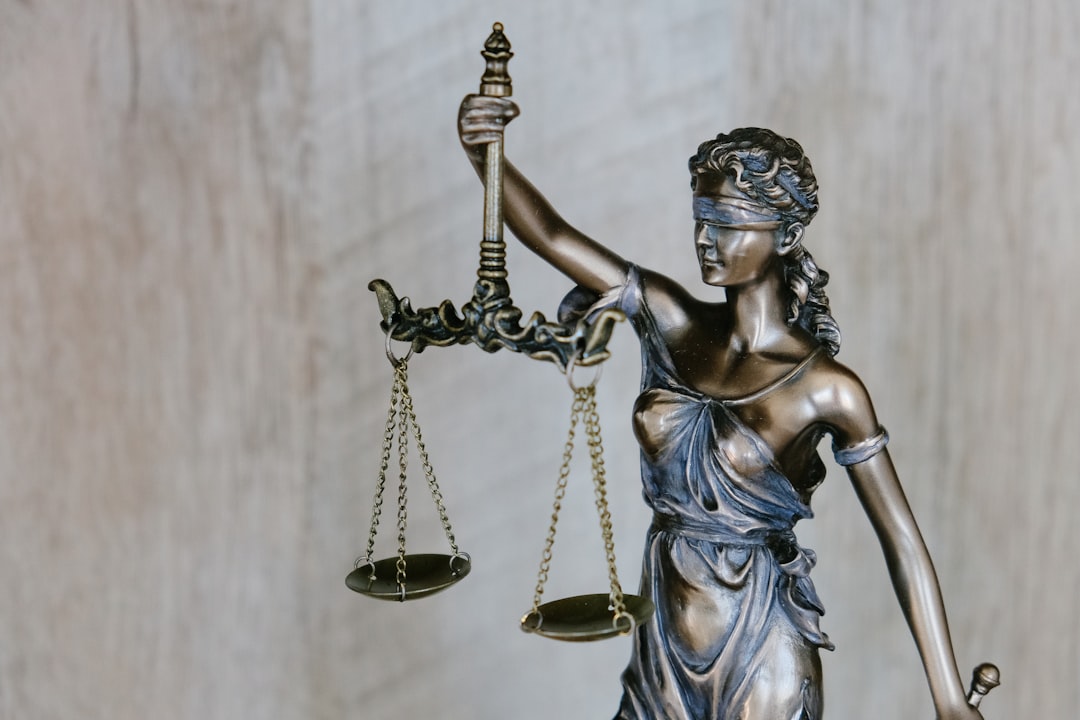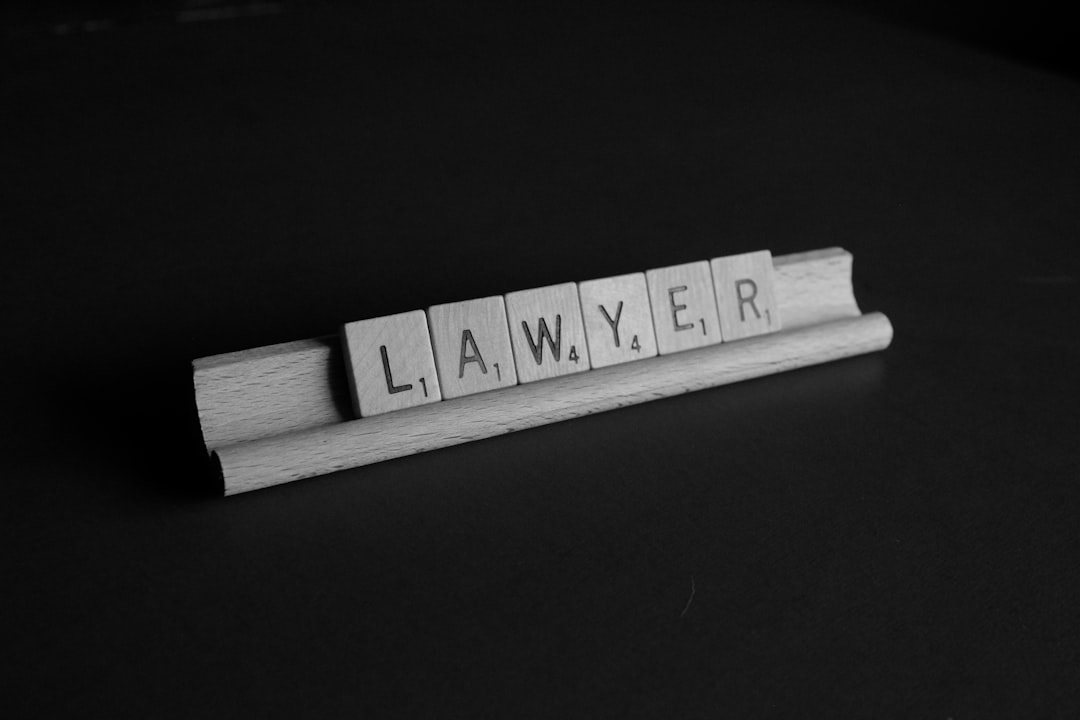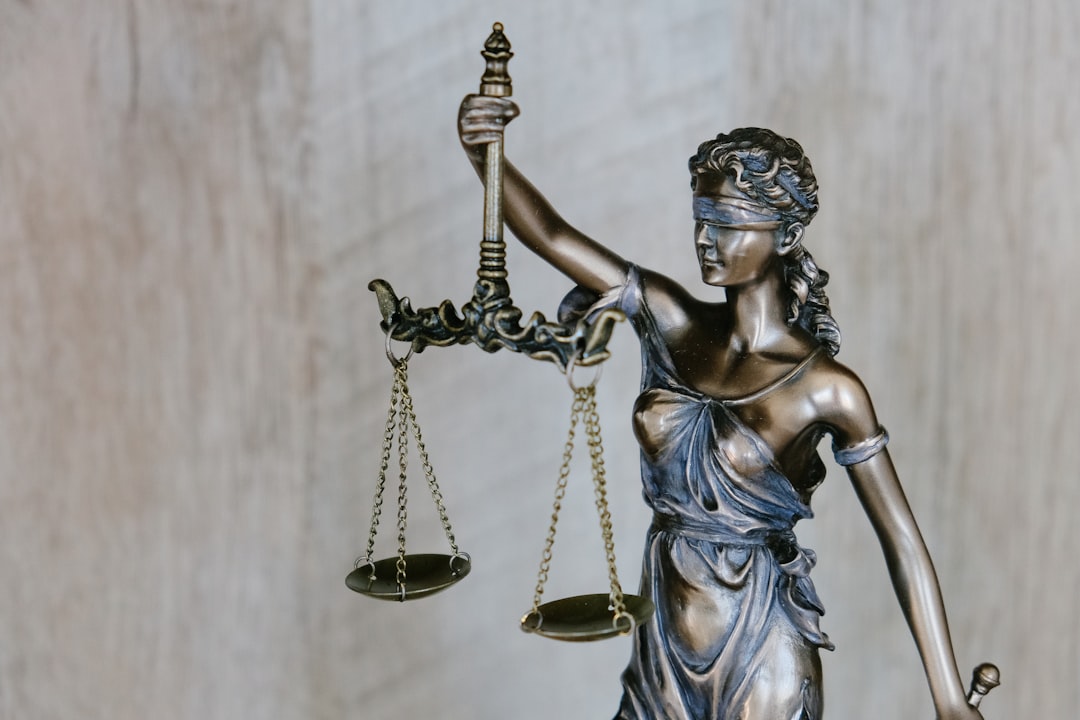Gender bias significantly impacts Missouri's legal system, particularly in rape investigations. Female victims often face skepticism while male suspects enjoy a presumption of innocence, creating barriers for justice. Skilled rape attorneys in Missouri are vital for guiding victims through procedural challenges and advocating against biases that affect evidence gathering and handling. A 2018 report revealed delays and dismissals for female victims, highlighting the need to address these biases. Rape attorneys navigate complex legal systems, ensuring fair treatment and promoting justice reform through advocacy and policy changes. Strategic steps include enhanced training for officials and implementing robust protocols for case tracking. Collaborating with reputable rape attorneys ensures adequate legal representation for survivors.
In Missouri, gender bias in rape investigations remains a pervasive issue, impacting the pursuit of justice for survivors. This article delves into the multifaceted problem, examining its roots in legal systems and cultural norms. We explore Missouri’s rape laws and the procedural challenges they present, backed by real-world case studies from across the state. Key focus is placed on the critical role of rape attorneys in countering bias, followed by a deep dive into strategies for achieving fairer investigations and justice reform in Missouri. Understanding these dynamics is paramount to ensuring survivors receive equitable treatment and justice.
Understanding Gender Bias in Legal Context: A Overview

Gender bias, unfortunately, plays a significant role in various aspects of the legal system, including rape investigations. This bias can manifest in numerous ways, from how victims are perceived to the strategies employed by prosecutors. In Missouri, as in many places, historical stereotypes and societal norms often influence the treatment of sexual assault cases. Rape attorneys in Missouri frequently encounter situations where female victims face skepticism and male suspects enjoy a presumption of innocence.
This dynamic is particularly problematic because it can deter survivors from coming forward or seeking justice. The presence of gender bias may also impact the gathering and handling of evidence, leading to inconsistent outcomes based on the gender of the victim and accused. Understanding these biases is crucial for ensuring fair and effective rape investigations, ultimately providing better support for survivors and holding perpetrators accountable through the work of dedicated Missouri rape attorneys.
Missouri's Rape Laws and Procedural Challenges

In Missouri, rape is defined as non-consensual sexual penetration, with laws specifically addressing different forms such as forcible rapes and statutory rapes. While these laws are in place to protect victims and hold perpetrators accountable, there are procedural challenges that often arise in rape investigations. One significant issue is the reliance on victim testimony, which can be particularly problematic due to societal biases and trauma-related memory gaps. This is where experienced rape attorneys in Missouri play a crucial role, offering legal guidance and advocating for the rights of victims who may face skepticism or misperceptions during the investigation process.
The procedural challenges extend to the collection and handling of evidence, with guidelines that must be strictly followed. Inadequate training or bias on the part of law enforcement can lead to contamination or mishandling of evidence, impacting the strength of the case. Missouri’s rape laws and procedures are designed to ensure a thorough and fair investigation; however, addressing gender bias is essential to ensure victims receive justice. Rape attorneys in Missouri are equipped to navigate these complexities, providing legal support tailored to the unique challenges faced by victims.
Real-World Impacts: Case Studies from Missouri

The real-world impacts of gender bias in rape investigations are profound, often leading to unjust outcomes for survivors and accused alike. In Missouri, case studies highlight these disparities. For instance, a 2018 report by the Missouri Attorney General’s Office revealed that female victims were more likely to face delays and dismissals in their cases compared to male victims. This bias can be attributed to stereotypes and preconceived notions about gender roles and consent, resulting in less credence given to female survivors’ testimonies.
Rape attorneys in Missouri often encounter these challenges when representing clients. They must navigate a complex legal landscape where evidence is subject to scrutiny based on the victim’s gender. This not only complicates investigations but also affects prosecution rates. Understanding these biases and their consequences is crucial for implementing systemic changes, ensuring that every survivor receives fair treatment and that justice is served without regard to gender.
The Role of Rape Attorneys in Combating Bias

Rape attorneys in Missouri play a crucial role in combating gender bias within the state’s rape investigations. These legal professionals are well-versed in recognizing and challenging prejudicial attitudes, ensuring that every victim receives fair and impartial treatment under the law. By thoroughly examining evidence and questioning testimonies, they expose and counteract implicit biases that may influence the outcome of cases.
With their expertise, rape attorneys can navigate the complexities of these sensitive cases, providing a strong defense for victims. They advocate for policies and procedures that promote transparency and accountability in law enforcement and legal systems, ultimately working towards a more just and equitable process for all survivors of sexual assault in Missouri.
Strategies for Fairer Investigations and Justice Reform in Missouri

To achieve fairer investigations and justice reform in Missouri, several strategic steps can be taken. One key area is training and education. Law enforcement officials and prosecutors should undergo comprehensive training on unconscious biases, including gender bias, to ensure their decision-making processes remain impartial. This includes sensitivity to societal stereotypes and the potential for gendered assumptions to influence case outcomes.
Additionally, Missouri could benefit from implementing more robust protocols for documenting and tracking sexual assault cases. Better record-keeping can help identify patterns and systemic issues within the justice system. Further, collaborating with reputable rape attorneys in Missouri can ensure victims receive adequate legal representation and support throughout the investigation and trial processes, promoting a more just and equitable outcome.






